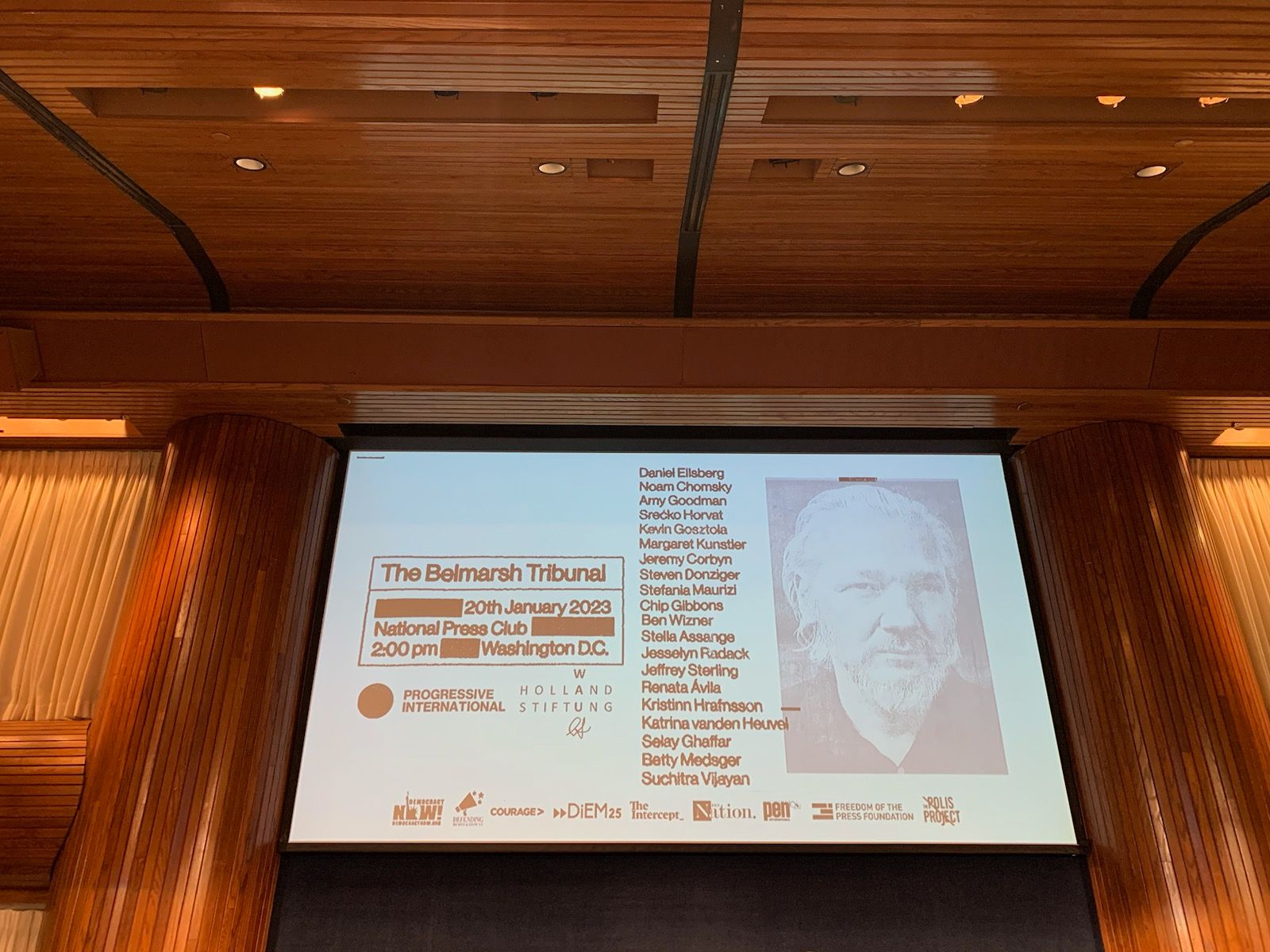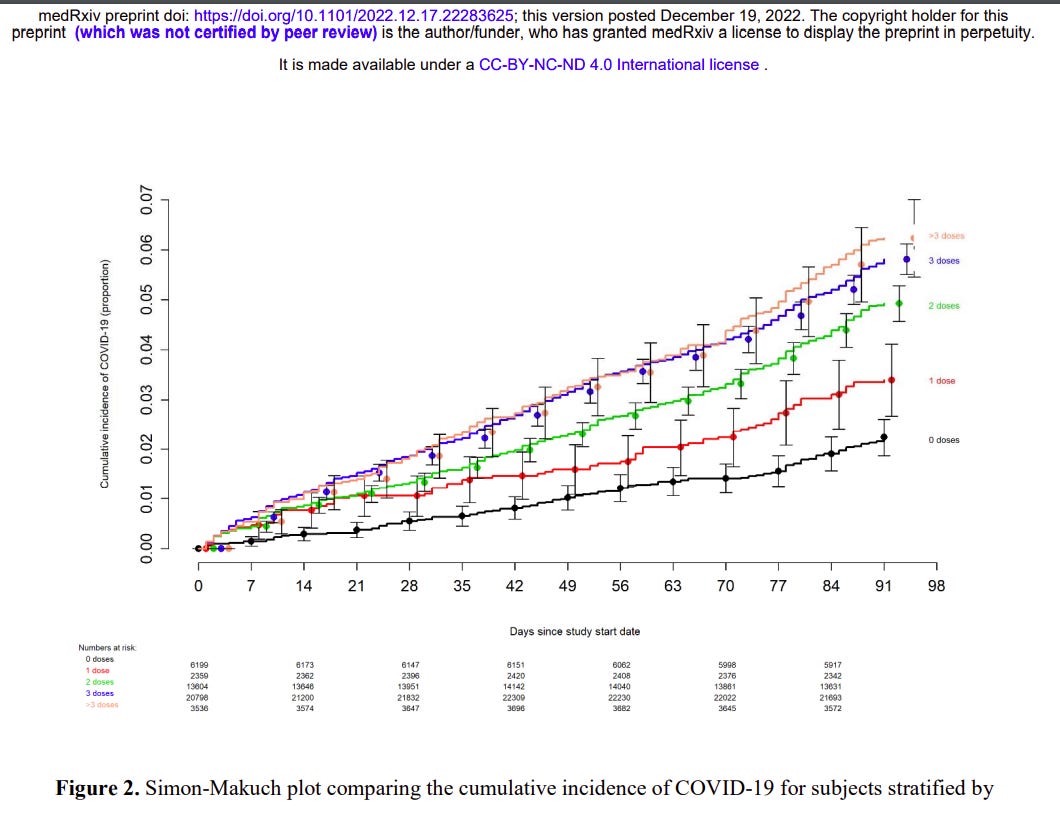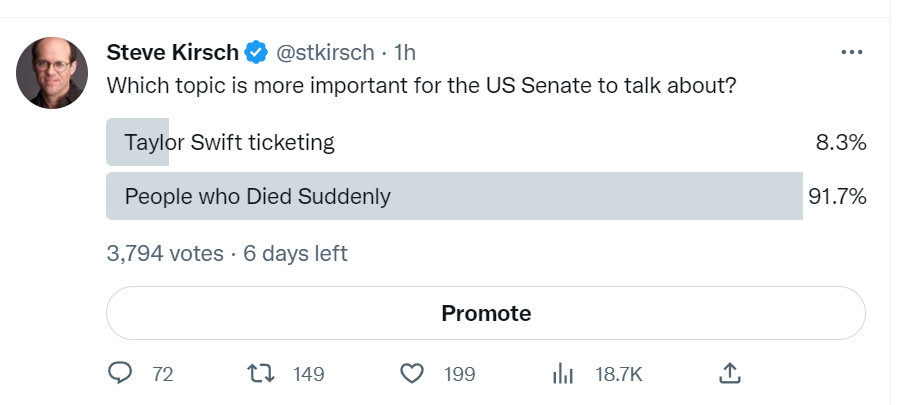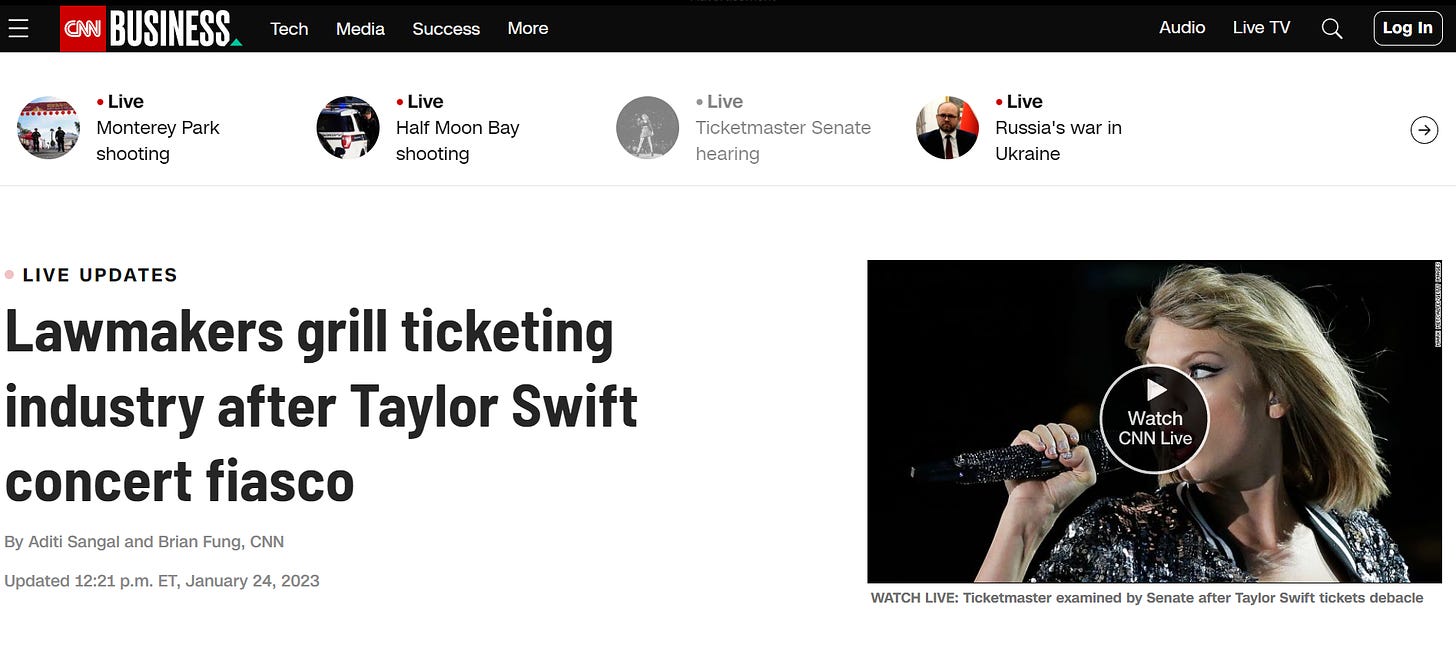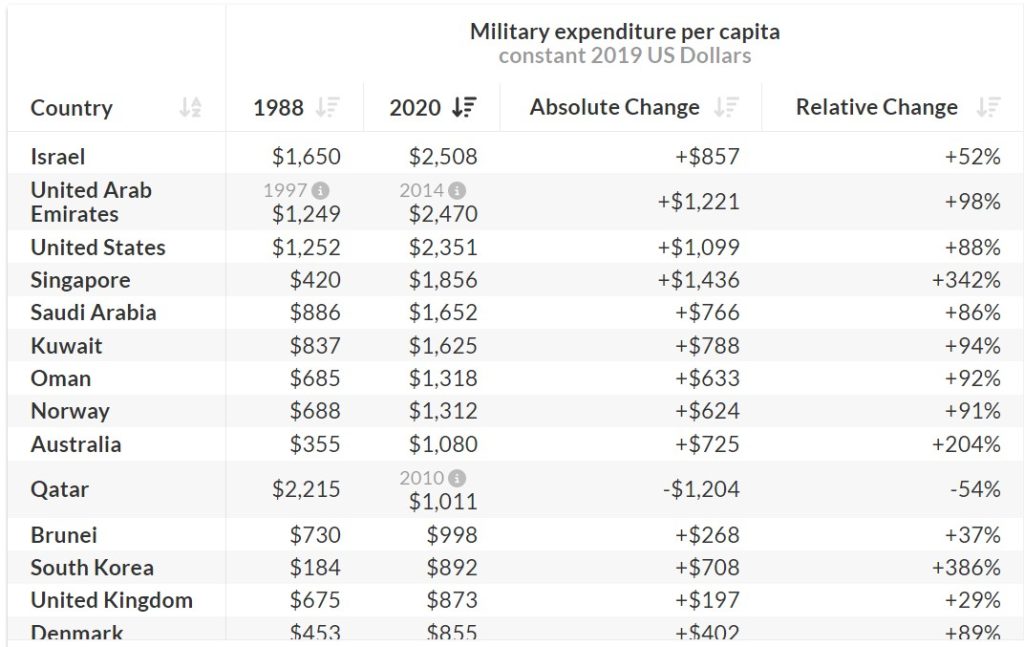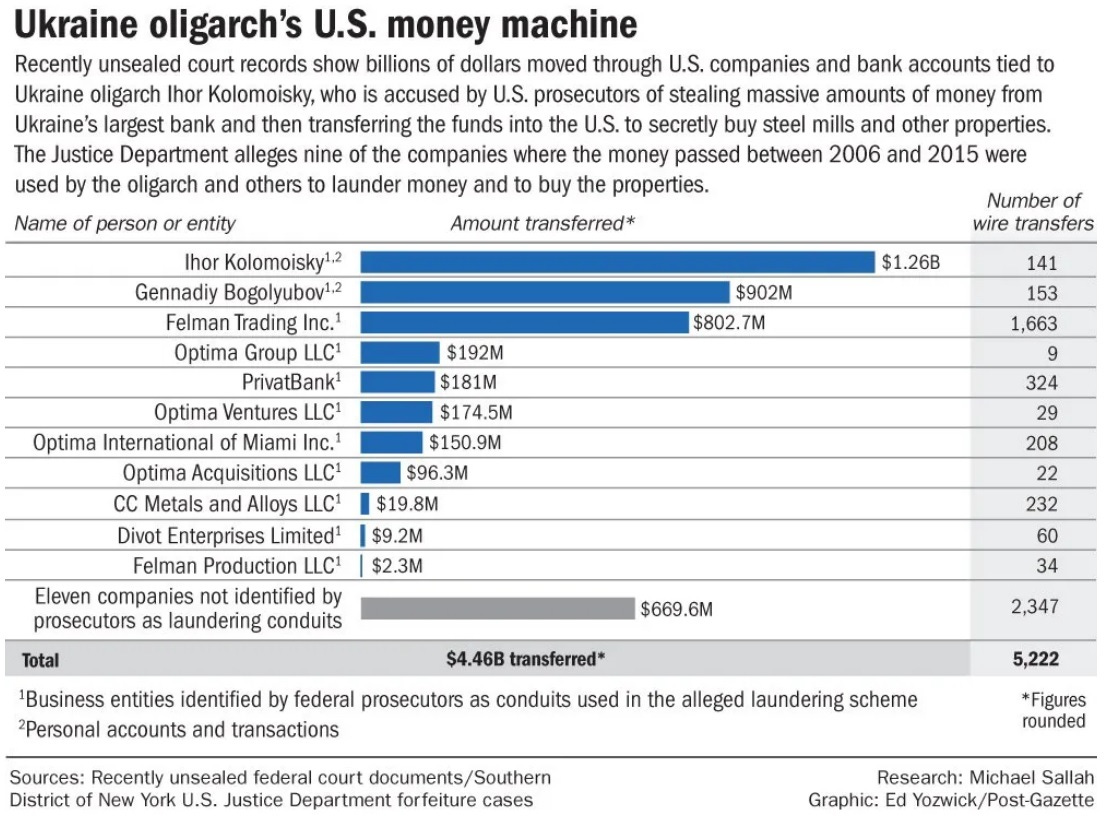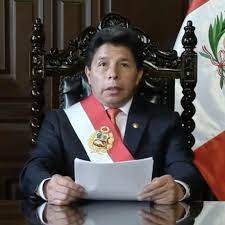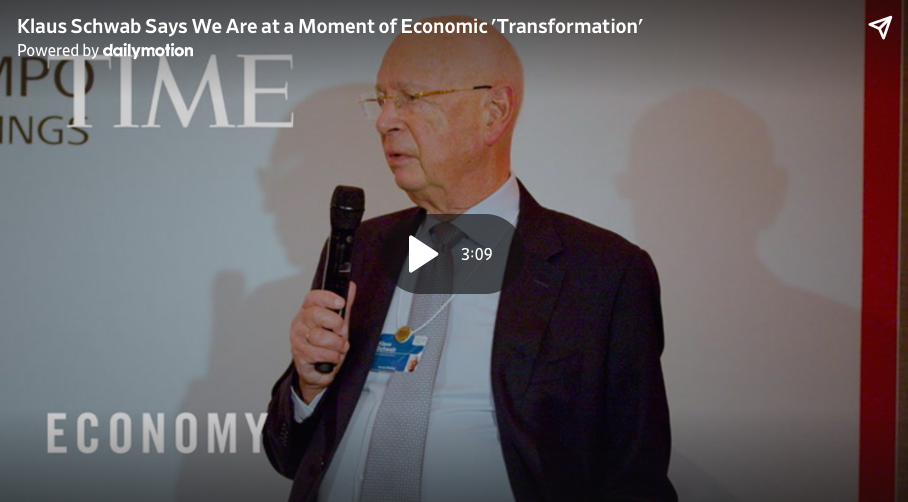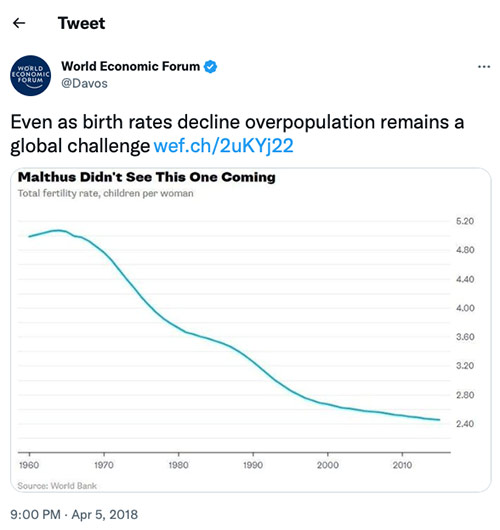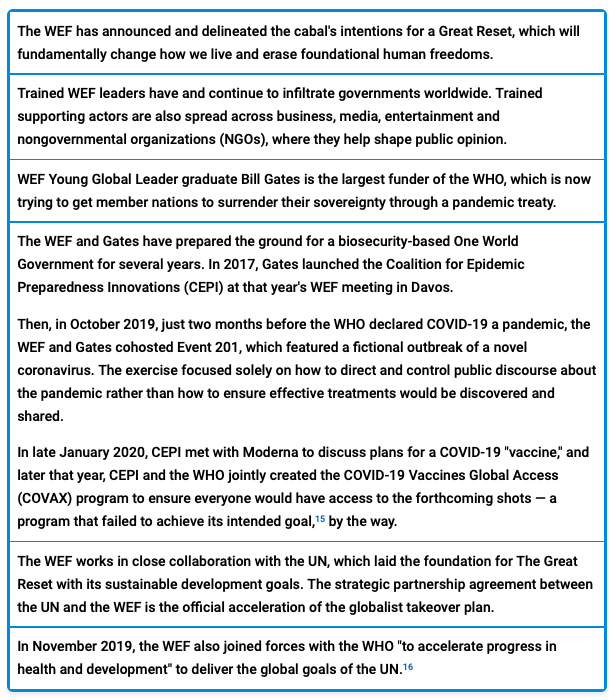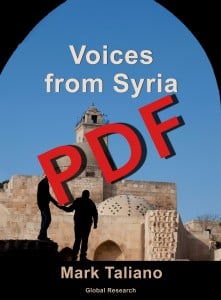US Lawfare and the Destabilization of Latin America. “Lawfare used as a “Weapon of Warfare”
January 27th, 2023 by Brian Mier
All Global Research articles can be read in 51 languages by activating the Translate Website button below the author’s name (desktop version)
To receive Global Research’s Daily Newsletter (selected articles), click here.
Follow us on Instagram and Twitter and subscribe to our Telegram Channel. Feel free to repost and share widely Global Research articles.
***
“Lawfare is the use of the law as a weapon of war, and it is the newest characteristic of 21st Century Combat.” — Colonel Charles Dunlap
Lawfare is the weaponized use of the law to annihilate a political or business enemy. Common tactics used in Lawfare include: forum shopping – when public prosecutors transfer a case to a jurisdiction with a friendly judge; excessive use and abuse of coerced plea bargain testimonies which are often the only evidence presented; suppressing evidence beneficial to the defense; and close collaboration with the media to create a public spectacle. One example of the later tactic is the time Brazilian Java Jato judge Sergio Moro ordered former Economy Minister Guido Mantega to be forcibly removed from his wife’s chemotherapy session and tipped the press off in advance, to create a media circus around his arbitrary arrest on charges he was later ruled innocent of.
There are indications that US DOJ use of Lawfare was piloted in the US before being rolled out through Latin America. In July, 2008, the US Department of Justice (DOJ) announced it was filing corruption charges against Senator Ted Stevens (R/AK) for allegedly receiving illegal reforms on a vacation property, damaging his reputation and causing him to lose his first election in over 36 years. Like future cases in Latin America, there was no material evidence presented, just a coerced plean bargain testimony made by a man who was trying to get out of jail. Months after the election, Stevens was ruled innocent, and in 2012 Judge Emmett Sullivan ruled two DOJ officials guilty of proprietorial misconduct. Nearly all of the tactics cited in the kangaroo court persecution of Ted Stevens would go on to be used against Brazilian President Luiz Inacio Lula da Silva within the ambit of the the US DOJ-backed Lava Jato (Car Wash) investigation. Coincidence or not, it is clear that these tactics would soon be exported throughout the Americas and the World, especially through partnerships with local law enforcement officials within the ambit of the Foreign Corrupt Practices Act (FCPA).
What is Lawfare?
As two members of Lula’s defense team, Cristiano Zanin and Valeska Martins wrote with legal scholar Rafael Valim in their 2021 book Lawfare: Waging War through Law it first appeared as a military term in the 1970s, but gained popularity in a series of texts by US Air force Colonel Charles Dunlap starting in 2001, when he wrote, “Lawfare is the use of the law as a weapon of war, and it is the newest characteristic of 21st Century Combat.”
Originally described as a weaponized use of international human rights law to criticize military campaigns by the US and Israeli governments on human rights issues and to weaken support for things like the war in Iraq, it was alluded to in the in the Pentagon’s March, 2005 National Defense Strategy, which refers to law as “the weapon of the weak who use international legal cases and terrorism to usurp America.”
Soon, however, military strategists began suggesting that Lawfare could be more than just something that the US government had to defend against and that it could also benefit national security, being preferable to expensive and destructive forms of war, and more neutral definitions of the term began to emerge. Dunlap later wrote that Lawfare could be converted into a “strategy of using or misusing law as a substitute for traditional military means to achieve military objectives.”
In 2016, Orde Kittre published the book Lawfare: law as a weapon of war and, based on the ideas of Dunlap, tried to perfect the concept of Lawfare by breaking it into two elements: 1) the use of the law to create effects similar to those achieved in conventional military actions; and 2) actions motivated by the desire to weaken or destroy an adversary.
As international attention drew to the kangaroo court procedure initiated against former Workers Party Brazilian President Lula da Silva in 2016, his defense team began referring to it as a form of Lawfare. As Martins told this author in an interview conducted in 2018, “when people say we are politicizing the defense, this is a lie because, in reality, this is a technical diagnosis. When we understand that, technically speaking, there is no material evidence, that the accusations are illogical, that the legal arguments are misrepresented, we come to the unequivocal conclusion that we are dealing with a process of Lawfare.”
As they worked with international human rights lawyers to publicize Lula’s plight, Zanin, Martins and Valim created their own definition of the term: the abuse and misuse of the law in a violent manner to conduct political persecution.
The law was certainly abused during the political persecution of politicians throughout Latin America within the ambit of the Lava Jato investigation, which started in 2014 as collaboration between the US Department of Justice (DOJ), the Securities Exchange Commission (SEC), the Swiss Federal Police and a local district attorneys office and judge based out of the conservative Brazilian city of Curitiba. The investigation crippled Brazil’s national development project, bankrupted many of its largest companies, transferred billions of dollars in fines to the United States and ultimately resulted in the illegitimate presidency of a neofascist former army captain named Jair Bolsonaro who is currently facing genocide charges in the International Criminal Tribunal in the Hague. Initially presented to the US media as a legitimate partnership within the ambit of the Foreign Corrupt Practices Act (FCPA) through a series of 2016 press releases by the Department of Justice itself, it later came out that investigators violated national sovereignty laws by engaging in secret, bilateral communications, including years of secret meetings between Brazilian prosecutors and a group of 18 FBI agents led by Leslie Bakshies.
The Foreign Corrupt Practices Act
The Foreign Corrupt Practices Act (FCPA) of 1977, is a US federal law that was originally conceived to prohibit US companies from committing acts of bribery overseas. Twenty years later, a modified version of the law was incorporated into an international treaty, the OECD Anti-Bribery Convention of 1997, which enabled the Securities and Exchange Commission (SEC) and Department of Justice (DOJ) to act in any signatory nation in consort with local authorities. At this point, according to the modified terms of the law, these international partnerships enabled US authorities to investigate any foreign company or individual located in a Convention signatory nation that has a US bank account, owns real estate in the US, has stock traded in the US, or even that has ever conducted any type of transaction in US dollars, as long as the investigation is conducted in partnership with local law enforcement officials. It was the FCPA, for example, that enabled FBI agents to raid FIFA headquarters in Zurich in 2015 and arrest several non-US citizens on foreign soil.
In his academic paper, “The uncomfortable truths and double standards of bribery enforcement,” legal scholar Mike Koehler shows how the US government selectively uses the FCPA to advance its own objectives. According to Koehler, uncomfortable truths that weaken the US moral authority to act as international anti-corruption police include: how the US government actively participates in bribery; how the highest levels of the US government knowingly engage in and support private bribery; how the identity of the alleged bribe payer influences the US government’s enforcement of bribery laws; the subtle difference between US government and private sector attempts to influence foreign government action; and how the US government employs overblown and inconsistent rhetoric regarding bribery enforcement.
It’s common knowledge that the CIA gave away bags of money to government officials in Afghanistan. So why would the US Department of Justice (DOJ), the US Securities and Exchange Commission (SEC) and the FBI be so worried about corruption in Latin America that the US government would prioritize the issue in the 2017 National Security Strategy if it isn’t political?
The fact that Brazil signed the Anti-Bribery Convention in 1997 enabled the DOJ to work as a partner—some critics argue it took the lead—in Lava Jato, levying billions of dollars in fines on Brazilian companies in civil cases, generally based in the Southern New York Court District. In 2015, Lava Jato judge Sergio Moro bankrupted Brazil’s five largest engineering and construction companies by refusing to treat them as too big to fail – like the US government did with Goldman Sachs during the subprime mortgage crisis – and paralyzed all of their operations for 6 months due to the alleged actions of a few of their business executives. Studies show that this arbitrary action by a district court judge in Curitiba caused 500,000 direct and 3.6 million indirect job layoffs and a 2.5% drop in GDP growth in 2015, severely damaging the reputation of President Dilma Rousseff during the lead up to the April, 2016 parliamentary coup, which was also helped by Lava Jato Judge Sergio Moro’s illegal wiretapping of a conversation between President Rousseff and former President Lula, which he edited to make her look as bad as possible then shared with Brazil’s largest TV network, O Globo, on the eve of the impeachment vote. The Lava Jato investigation was also responsible for the election-year, arbitrary political imprisonment of ex-President Lula for reforms to an apartment the prosecutors were unable to prove he ever owned or set foot in. Although the signs of judicial and prosecutorial overreach in Lava Jato were crystal clear by 2016, after hacker Walter Delgatti (who is currently facing a 300 year prison sentence) shared leaked Telegram conversations showing illegal collusion between Lava Jato prosecutors and the judiciary with the Intercept, Brazilian Federal Police, the Supreme Court and Lula’s defense team, all doubts about the criminal nature of Lava Jato were put to rest.
Lava Jato started in Brazil, but soon, with support from the US DOJ, it expanded across Latin America and Lusophone Africa and was used used to attack politicians in other countries where Brazilian engineering and construction companies like Odebrecht and OAS operated. Attempts to use it against Venezuelan politicians failed due to the wise decision of that government to never sign the FCPA agreement, but dozens of politicians in other countries were targeted. Here are a few examples:
Jorge Glas – Ex-Vice President of Ecuador
Arrested in October 2017, Progressive International board member Jorge Glas was sentenced to 6 years in prison by Ecuadoran Lava Jato prosecutors for allegedly receiving bribes from Odebrecht construction company, based on the plea bargain of a single, corrupt business executive, José Conceição Santos, who received a reduced sentence and partial asset retention in exchange for his testimony. He was released on parole in November, 2022.
Mauricio Funes – Ex-President of El Salvador
In June, 2018, a judge in El Salvador issued an arrest for former President Mauricio Funes and 30 top members of the FMLN, based on coerced plea bargain testimony transcripts supplied by Brazil’s Lava Jato task-force, taken from corrupt businessmen who received sentence reduction and partial retention of their illicit assets in exchange for their testimony. Already living in Nicaragua at the time, they were unable to arrest him and he lives there to this day.
Rafael Correa – Ex-President of Ecuador
In April, 2020, an Ecuadoran kangaroo court sentenced Rafael Correa to 8 years in prison and barred him from running for office for 25 years based in part on coerced plea bargain testimony from an Odebrecht executive that was shared by the Lava Jato Taskforce. With Ecuador currently in chaos, the former President has been living in political exile in Belgium since 2017.
Gleisi Hoffmann – President of Brazilian Workers Party
After Lula was illegally barred from running for President in September, 2018, one of the names cited to replace him was Gleisi Hoffmann. A rising star in the PT, the Lava Jato taskforce tried to annihilate her political career by frivolously accusing her of receiving illegal campaign donations from Odebrecht without any material evidence, while using illegal leaks to create a media circus over an arbitrary search and seizure operation in her house in 2016. Since Hoffmann was a Senator at the time, her case was taken directly to the Supreme Court where she was ruled innocent by a vote of 11-0, due to, as in the case of Lula and so many other victims of Lava Jato, a total lack of material evidence in a case that was entirely built on coerced plea bargain testimony by corrupt business executives who changed their story several times before receiving massive reduction of prison sentence, transfer to house arrest and partial retention of millions of dollars in illicit assets.
Lava Jato – an investigation which has now been proven to be critically flawed due to criminal collusion between chief judge and prosecutors – has spread its tentacles all over the world. In Mozambique, it resulted in the arrest of former Transportation and Communications Minister Paulo Zacula, and Lava Jato was also used to accuse prominent politicians of corruption in the Dominican Republic, Panama and Angola. As Lula defense lawyer Valeska Martins emphasizes, Lawfare is a tactic that can be used against any political enemy from across the political spectrum. Three right wing former Presidents of Peru were sentenced to prison due to coerced plea bargain testimonies by corrupt, imprisoned Brazilian businessmen, with former President Alan Garcia committing suicide on the day they were coming to arrest him him.
Conclusion
Although frivolous criminal investigations against politicians and business leaders as tactics to gain an upper hand over rivals has certainly been engaged in as long as politics and business have existed, the concept of Lawfare as a hybrid war tactic really begins in the 21st Century, in actions that seem to have been piloted by the US DOJ within the US itself before being applied selectively to advance US business and political interests abroad. The US Foreign Corrupt Practices Act, initially created in the 1970s a means to reduce the ability of US companies to bribe foreign officials overseas – in theory strengthening sovereignty in countries around the world – has been transformed into a weapon used as justification to arrest foreign political leaders and bankrupt foreign competitors to US corporations. Furthermore, the we can see the toxic legacy of this imperialist strategy in the form of local initiatives, unrelated to the FCPA, that use similar Lawfare tactics to annihilate political enemies such as Argentina’s Vice President Cristina Kirchner. With a new round of electoral victories of the working class left in Latin America, it is more important than ever to develop defense strategies against Lawfare.
*
Note to readers: Please click the share buttons above. Follow us on Instagram and Twitter and subscribe to our Telegram Channel. Feel free to repost and share widely Global Research articles.
Brian Mier is a correspondent for teleSUR English in Brazil, and editor of the book Year of Lead: Washington, Wall Street and the New Imperialism in Brazil. He has lived in Brazil for more than 25 years. Brian is a host of a weekly program on Brasil 247 and he’s an editor of Brasil Wire.
Featured image is from Kawsachun News

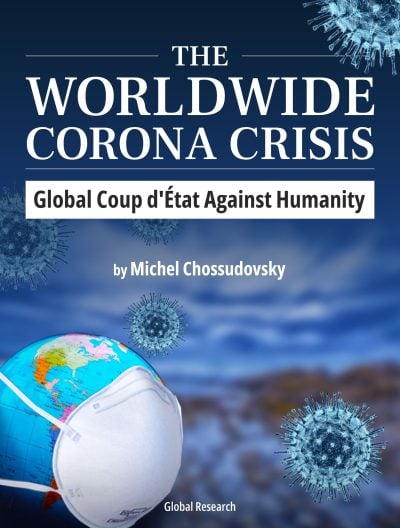 The Worldwide Corona Crisis, Global Coup d’Etat Against Humanity
The Worldwide Corona Crisis, Global Coup d’Etat Against Humanity

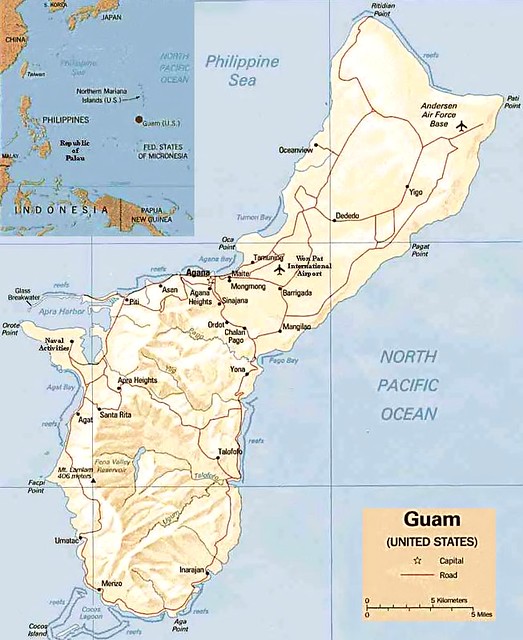


 Ukraine: Is the Hammer About to Fall?
Ukraine: Is the Hammer About to Fall? WEF Davos – The New Sodom and Gomorrah?
WEF Davos – The New Sodom and Gomorrah? The Whole of Europe Turned Into a Battlefield
The Whole of Europe Turned Into a Battlefield Video: Pfizer’s “Secret” Report on the Covid Vaccine. Beyond Manslaughter. The Evidence is Overwhelming. The Vaccine Should Be Immediately Withdrawn Worldwide
Video: Pfizer’s “Secret” Report on the Covid Vaccine. Beyond Manslaughter. The Evidence is Overwhelming. The Vaccine Should Be Immediately Withdrawn Worldwide New Zealand: From Worst to Even Worse? The WEF-YGL Political Intrusion
New Zealand: From Worst to Even Worse? The WEF-YGL Political Intrusion The World Economic Forum (WEF) Calls for Destruction of America’s Middle Class
The World Economic Forum (WEF) Calls for Destruction of America’s Middle Class A Pandemic of Lies: MHRA Confirms COVID Is Man-Made & the Vaccines Are Not Based on the “Virus” But Instead on Computer-Generated DNA
A Pandemic of Lies: MHRA Confirms COVID Is Man-Made & the Vaccines Are Not Based on the “Virus” But Instead on Computer-Generated DNA Officially Approved by the EU: Four Insects Hiding in Your Food
Officially Approved by the EU: Four Insects Hiding in Your Food The War in Ukraine Will End with a Bang. Soon.
The War in Ukraine Will End with a Bang. Soon. The U.S. Is Already Preparing for the Next War
The U.S. Is Already Preparing for the Next War “It’s Not Socialism”: China is a Capitalist Cheap Labour Economy, Based on Exceedingly Low Wages
“It’s Not Socialism”: China is a Capitalist Cheap Labour Economy, Based on Exceedingly Low Wages Russia Preparing New Plan to End War
Russia Preparing New Plan to End War Situation for Kiev Is “Very, Very Difficult”. US Joint Chiefs of Staff, Mark Milley
Situation for Kiev Is “Very, Very Difficult”. US Joint Chiefs of Staff, Mark Milley The New Zealand Government Reaches for Total Medical Control
The New Zealand Government Reaches for Total Medical Control All Masks Thrown Off. The Euro-Atlantic Elites Meeting in Davos, Profit Driven War on Ukraine
All Masks Thrown Off. The Euro-Atlantic Elites Meeting in Davos, Profit Driven War on Ukraine The WEF and WHO – Are They Running a Death Cult? A WHO / Pharma controlled Worldwide Tyrannical “health system”
The WEF and WHO – Are They Running a Death Cult? A WHO / Pharma controlled Worldwide Tyrannical “health system” World Economic Forum’s “Young Global Leaders” Revealed
World Economic Forum’s “Young Global Leaders” Revealed U.S. Now Considering to Invade Russia: NYT
U.S. Now Considering to Invade Russia: NYT Ukraine Had Lost the War Before It Even Started
Ukraine Had Lost the War Before It Even Started A Hard-Edged Rock: Waging Economic Warfare on Humanity
A Hard-Edged Rock: Waging Economic Warfare on Humanity